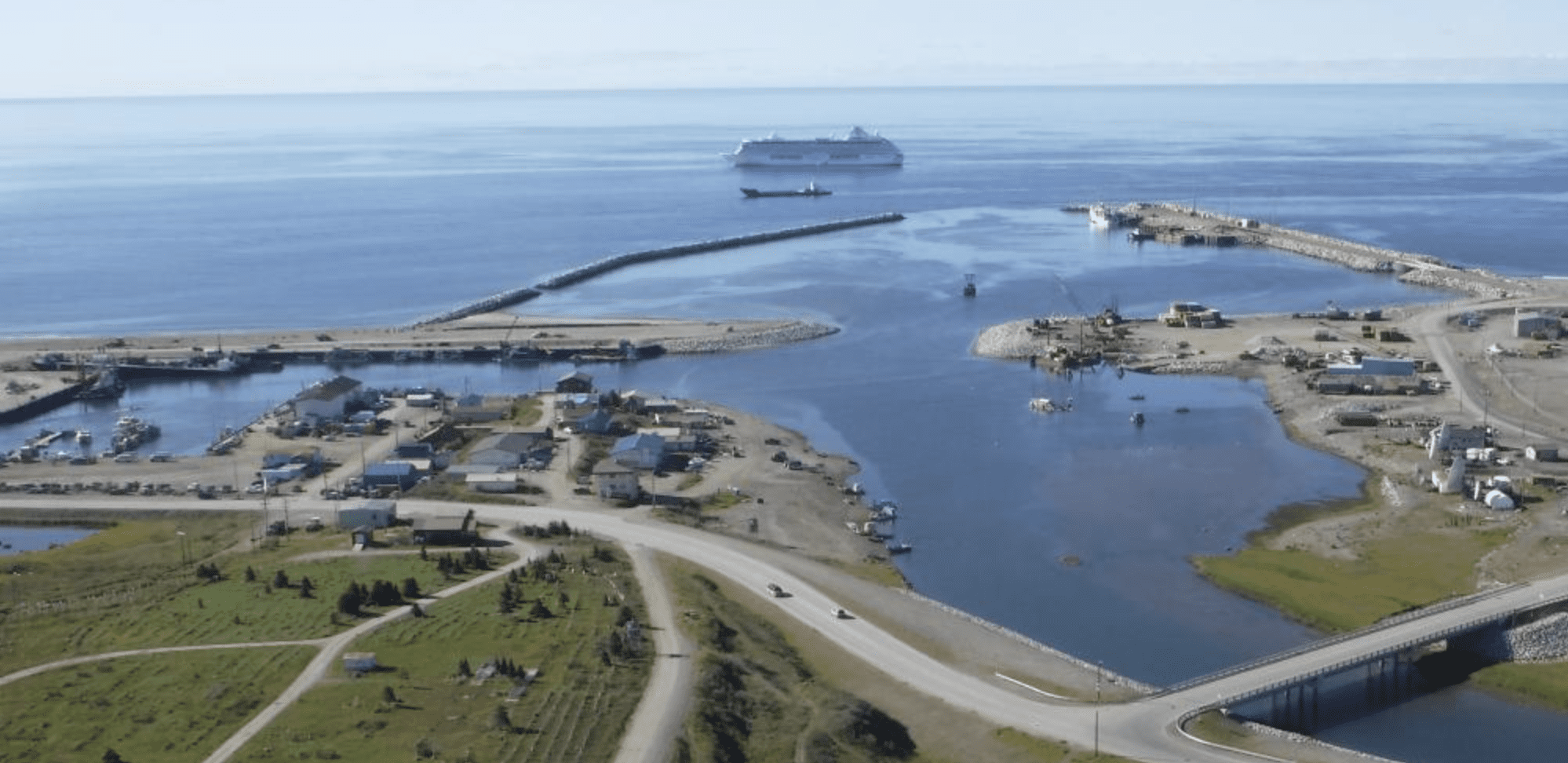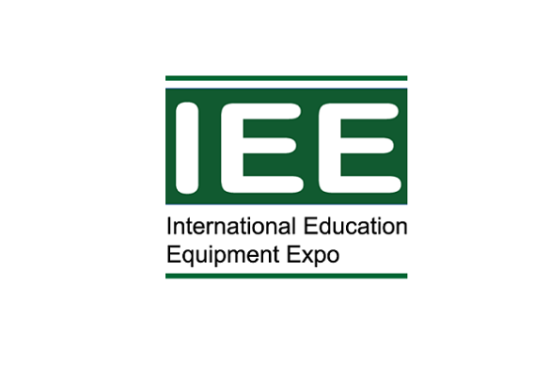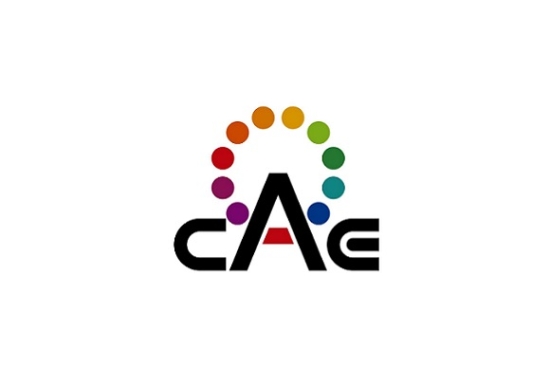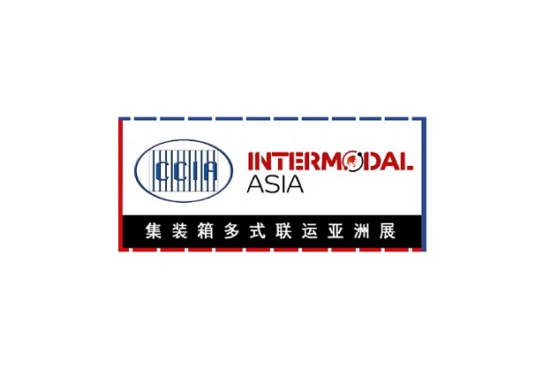
U.S. efforts to expand Arctic capabilities are facing a blow after the U.S. Army Corps of Engineers canceled a bid for the Nome deepwater port project due to soaring costs. The project was originally scheduled to begin construction in 2025, but the future is currently unclear.
A notice from the Army Corps confirmed that the tender had been canceled because it exceeded available funds and statutory procurement limits. The project has been hailed as an important step toward strengthening the U.S. presence in the Arctic, countering the increasing activities of Russia and China, and enabling military operations closer to the region.
The proposed $662 million port expansion has been discussed for more than a decade and secured federal and state funding earlier this year. Under a cooperative agreement between the city of Nome and the Army Corps, the federal agency will cover 90 percent of the cost, with Nome providing the remaining 10 percent.
The urgency behind the project heightened earlier this month when Russian and Chinese ships passed near Nome on their first joint Arctic patrol. As Dr. Troy Bouffard, director of the Center for Arctic Security and Resilience at the University of Alaska Fairbanks, explains: “Presence is the most important factor in meeting Arctic challenges, and the Nome Deepwater Port is the best solution.”
The nearest U.S. sea base, Dutch Harbor, is 750 nautical miles south of Nome (a two-day voyage). Bouffard stressed that without progress on the deep-water port, the United States would be “sending the wrong strategic message to its Arctic competitors.”
The project unfolds in three phases. The first phase is planned to extend the west causeway 3,400 feet, and the second phase will dredge the deeper channel. The final phase included the demolition and reconstruction of the East Causeway, deepening the harbor from 22 feet to 40 feet. Scheduled to be completed in 2030, the expanded port will be able to accommodate large cruise ships, cargo ships and U.S. warships (except aircraft carriers).
However, cost overruns derailed those plans. Although the Army Corps solicited bids in February 2024, there has been no public update on the number or scope of proposals received. Spokesman John Budnick confirmed the pricing was “well above the legal limit”, forcing the cancellation of the first phase of the tender.
Despite Budnick’s assurances that efforts to advance the project are continuing, it’s unclear how the timeline will change or if funding will be adjusted. The city of Nome declined to comment for this story.
The Nome Harbor project is the latest Arctic initiative to face rising costs and delays. Similarly, cost estimates for the U.S. Coast Guard’s icebreaker program – critical to Arctic operations – have increased by 250% since the contract was awarded in 2019. Currently, construction of the first icebreaker is expected to begin by the end of this year.
The cancellation of the Noem tender has left U.S. policymakers grappling with how to boost Arctic capabilities amid intensifying geopolitical competition and rising costs.











Leave a Reply Cancel reply
You must be logged in to post a comment.